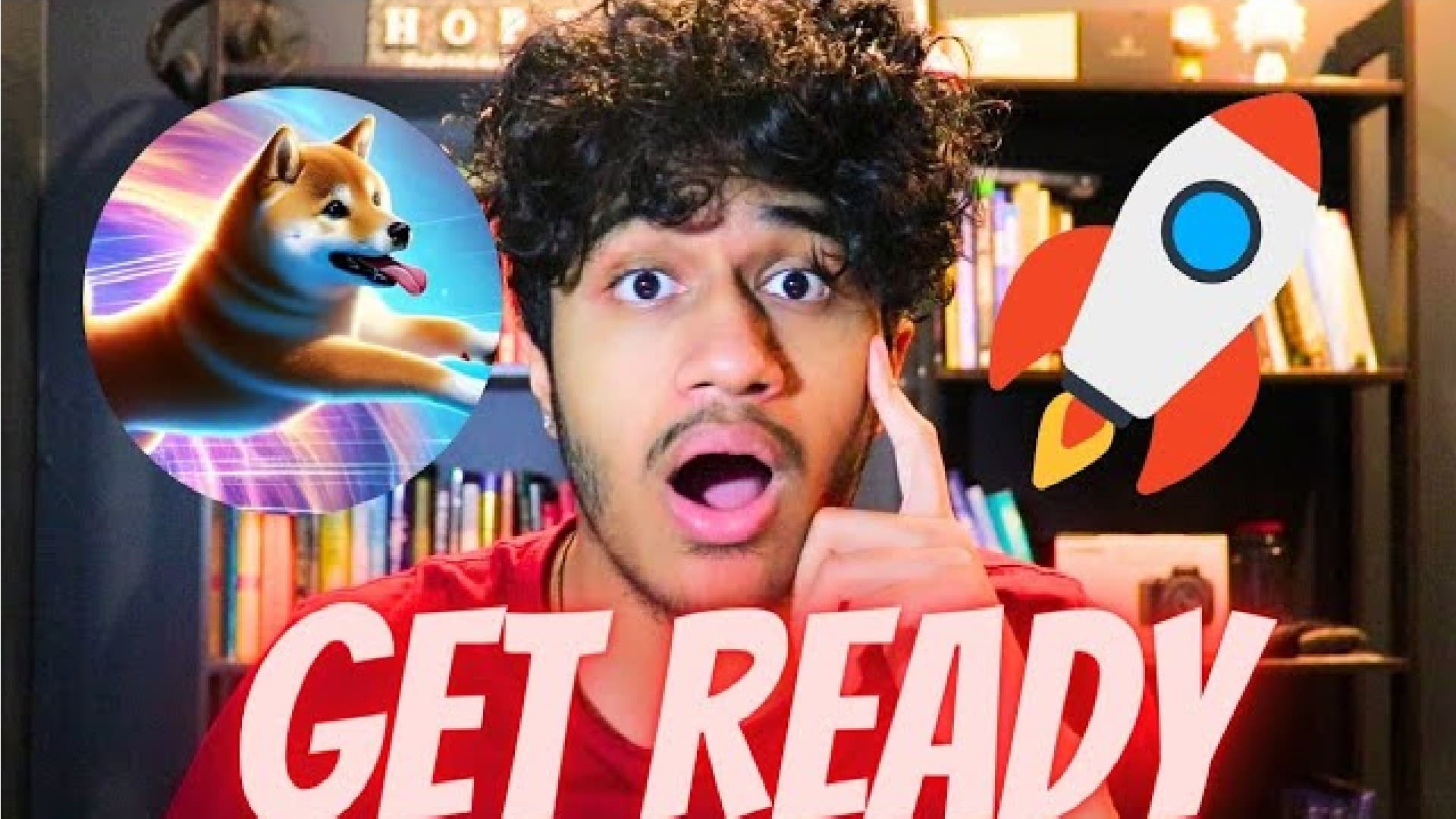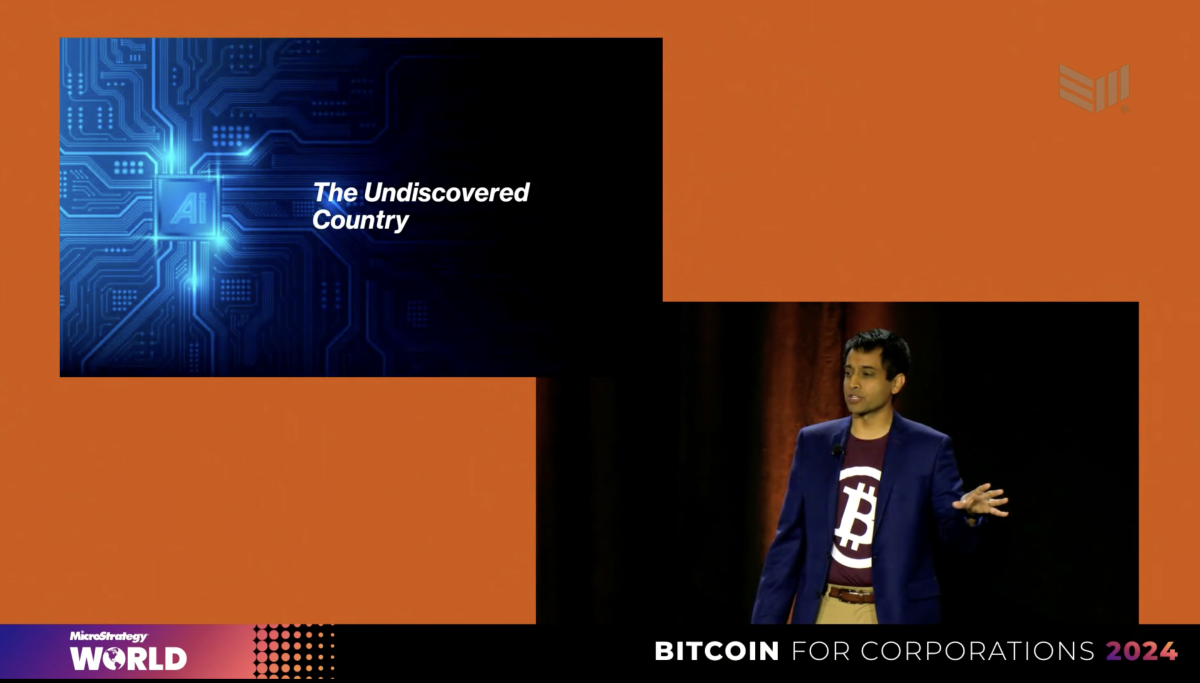OpenAI launches official ChatGPT support for universities and non-profits

Artificial intelligence (AI) company OpenAI has launched two initiatives to expand the company’s ChatGPT service to universities and non-profit organizations.
The first of the new service methods is “ChatGPT Edu,” a version of AI large language models for universities specifically designed for use by students, faculty, researchers, and campus operations.
According to OpenAI, the new product “includes enterprise-level security and control features and is ideal for educational institutions.”
A company blog post presented several current use cases for ChatGPT at the university level. Institutions mentioned as using this service include Oxford, Wharton, University of Texas at Austin, Arizona State University, and Columbia University.
For example, researchers at Columbia are using ChatGPT to develop intervention strategies to prevent drug overdoses. Meanwhile, an assistant professor at Arizona State University developed “GPT Buddy,” a service that allows German students to practice their language skills in a conversational manner on their own time.
Kyle Bowen, deputy CIO at Arizona State University, was optimistic about the ChatGPT Edu initiative, according to a blog post.
“Integrating OpenAI’s technology into our educational and operational frameworks will accelerate innovation at ASU. “We are collaborating across the community to leverage these tools to expand our learning into a scalable model for other institutions.”

OpenAI has also launched an initiative aimed at providing additional tools and support for nonprofits and lowering the cost of using ChatGPT.
Nonprofits who sign up for the service can now access ChatGPT Teams services at a discounted rate of $20 per user per month, with a potential 50% discount available for “larger non-profits ready for large-scale deployment.”
Both ChatGPT Edu and ChatGPT for Nonprofits provide access to the latest models, including GPT-4o, as well as services and features including image creation, collaboration spaces, and custom GPTs.
Related: OpenAI has taken down five campaigns that used its technology for ‘deceptive influence’.
In related news, OpenAI recently made its GPT-4o model available to free users (a free option for using ChatGPT). This allows users in this tier to retrieve and load custom GPTs, create images including charts and graphs, upload files, and integrate web responses. Users must subscribe to a paid tier to create their own custom GPTs and avoid the message limitations of the GPT-4o model.


